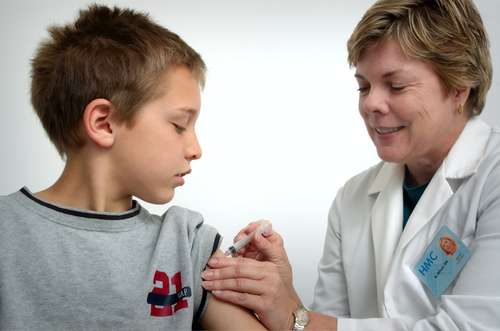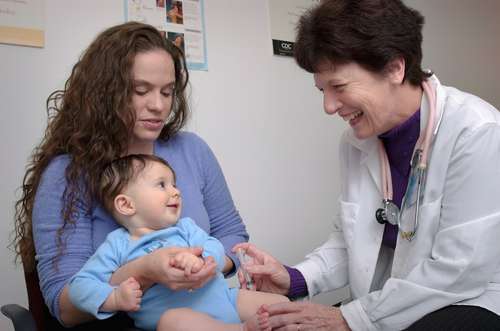A significant rise in meningitis cases across England has prompted health experts to issue a warning for Brits to update their meningitis vaccinations. Meningitis is a serious infection that can lead to fatal outcomes if not treated promptly. The rise in cases, particularly among young adults and older age groups, highlights the need for public awareness and timely action.
Surge in Meningitis Cases Across England
The UK Health Security Agency (UKHSA) reported a sharp increase in meningococcal disease cases over the past year. According to their findings, the number of confirmed cases nearly doubled, reaching 396 in 2022/23 compared to 205 in 2021/22.
This surge includes 33 reported deaths. The alarming return to pre-pandemic levels has heightened concern among health experts, especially with most cases being attributed to the MenB strain of the disease.
This rise has been most pronounced in two primary groups: teenagers aged 15–19 and adults between 45–65 years old. Younger children and the elderly are also highly susceptible, and health authorities are urging people in these groups to ensure their vaccinations are up to date.
Importance of Meningitis Vaccines
Meningitis vaccines remain the most effective way to prevent the disease. The MenB vaccine, introduced for infants in the UK in 2015, has been successful in reducing the number of severe cases. However, many teenagers and young adults remain unvaccinated, increasing their vulnerability.
Dr. Tom Nutt, Chief Executive of the charity Meningitis Now, emphasized that “vaccination is our best defense against this life-threatening disease.” He added that raising awareness and encouraging vaccinations could save lives and prevent long-term health complications.
For people who have not received a full course of meningitis vaccines, particularly those entering higher-risk age groups, it is critical to act swiftly. The government and medical experts advise checking immunization records, as boosters may be necessary in certain cases.
Recognizing Symptoms of Meningitis
While vaccines are crucial, recognizing the early symptoms of meningitis can make the difference between life and death. Common symptoms of meningitis include high fever and chills, severe headache, and stiff neck, among others.
These symptoms can develop quickly, often within hours. In some cases, individuals may also develop a rash that does not fade when pressed. Meningitis can also affect infants differently, with warning signs including poor feeding, irritability, and vomiting.
Final Notes
In light of the recent data, UK health officials are intensifying public awareness campaigns to encourage vaccinations and vigilance. This response aims to prevent another surge, particularly in unvaccinated populations. Educational efforts are focused on young people and university students, who are at higher risk due to the close contact environments in schools and dormitories.
Similar to how the UN acted during the polio spread in Gaza, Meningitis Now has been at the forefront of advocating for increased vaccination coverage. Their message is clear: “Meningitis is a serious health threat that can kill within hours, but it is preventable with the right vaccines and awareness.” In addition to vaccines, staying informed about the symptoms of meningitis is essential to prevent serious complications or fatalities.




